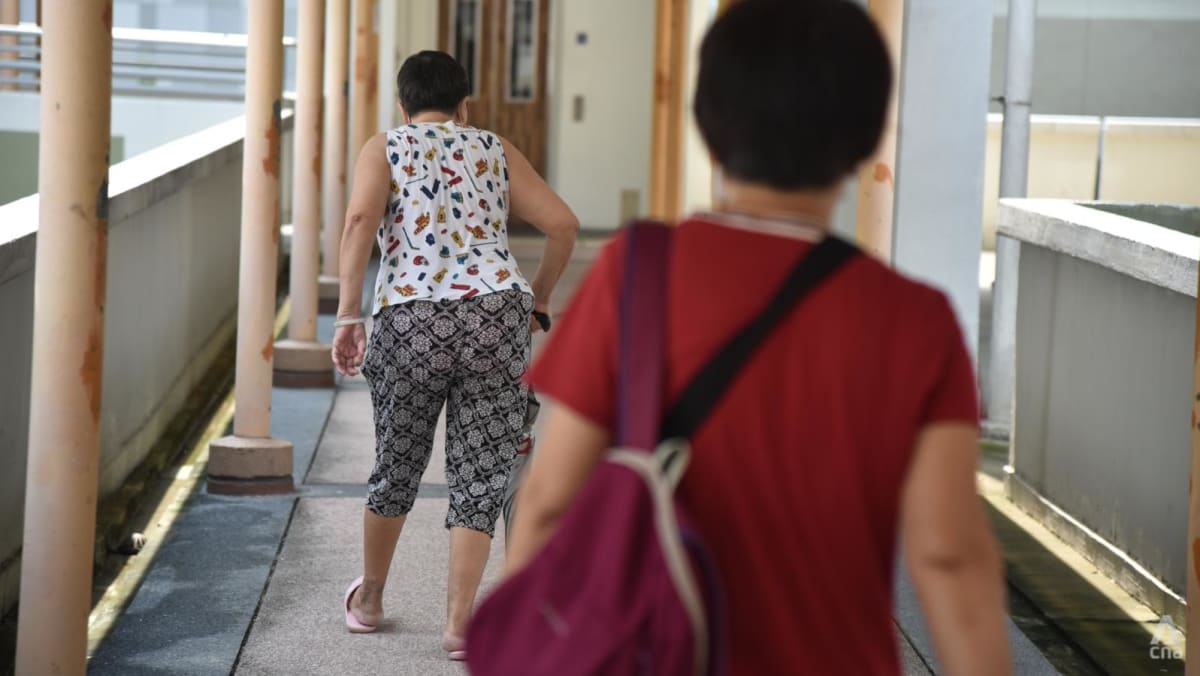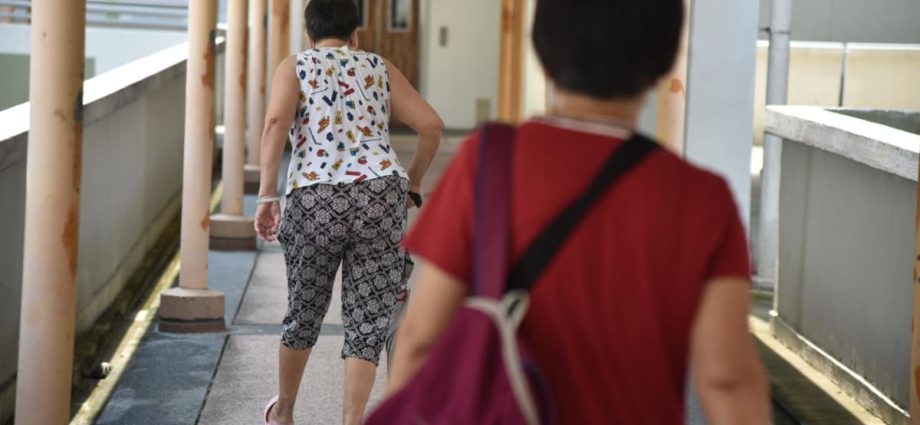
CAREGIVERS NEED SUPPORT TO CONTINUE WORKING
The second group of seniors who stop working are caregivers for their family members. In CARE’s longitudinal study on family caregiving conducted from 2019 to 2022, 30 per cent of caregivers were aged 50 to 59 years, and 56 per cent were aged 60 years and above.
Women are more likely to be family caregivers. In the 2016 study, we observed that women who retired early were much more likely to cite caregiving as a reason (59 per cent, versus only 10 per cent of men).
This is where Age Well SG, which Mr Lee referenced in his speech, can potentially fill the gap. While details are yet to be announced, the new national programme could provide services in the community that reduce seniors’ dependence on caregivers, freeing up their time to work or take care of their own needs.
Such services could take the form of Active Ageing Centres that offer seniors social and recreational activities, befriending services and referrals for care services.
However, more needs to be done to ensure inclusivity. Our research suggests that seniors who benefit the most from organised activities, such as those who are in poor health and socially isolated, are also more likely to face challenges accessing such centres and are reluctant to participate in formal programmes.
Furthermore, a study presented at the Population Association of Singapore 2023 Annual Meeting by Nanyang Technological University’s Nathan Widjaja found that some centres face challenges attracting ethnic minorities to participate, which could be related to the scarcity of minority staff and multilingual activity vendors.
These services are especially important given rising attention to elderly loneliness. Our studies find that 39 per cent of Singaporean seniors report being lonely, and that this group lives three to five years less, on average, compared to their peers.

